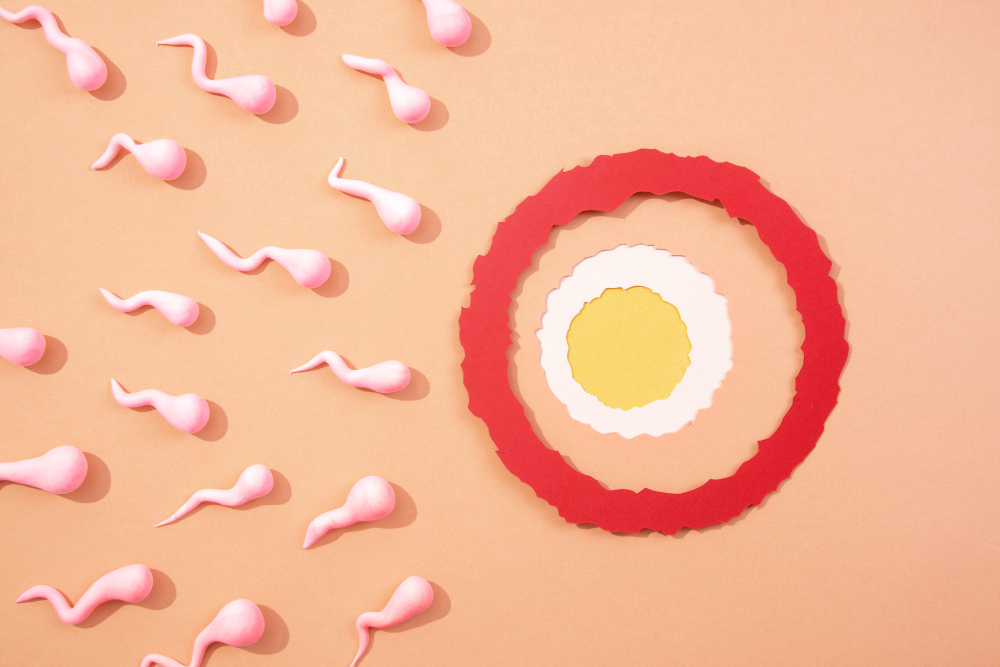Introduction
Fertility is a topic that holds immense importance for many individuals and couples, yet it can often feel complex and overwhelming. In this blog post, we’ll embark on a journey through fertility, demystifying the process of conception and exploring strategies to enhance your chances of starting or expanding your family.

Understanding the Basics of Fertility
Fertility refers to the ability to conceive a child. It’s influenced by various factors, including age, overall health, and reproductive anatomy. Understanding your body’s fertility signals can help you make informed decisions about family planning.
Factors Affecting Fertility
Several factors can impact fertility, including:
– Age: Fertility declines with age, particularly after the age of 35.
– Lifestyle Factors: Smoking, excessive alcohol consumption, and poor diet can negatively affect fertility.
– Health Conditions: Conditions such as PCOS, endometriosis, and obesity can interfere with ovulation and fertility.
Signs of Fertility Issues
If you’re experiencing difficulty conceiving, it’s essential to recognize the signs of potential fertility issues, including:
– Irregular menstrual cycles
– Painful periods
– Hormonal imbalances
– Previous reproductive health issues or surgeries
Fertility Testing and Evaluation
If you’re struggling to conceive, it’s recommended to undergo fertility testing to identify any underlying issues. Common tests include:
– Ovulation testing
– Hormone level testing
– Semen analysis (for male partners)
– Imaging tests to assess reproductive anatomy
Lifestyle Changes to Improve Fertility
While fertility treatments can be effective, there are several lifestyle changes you can make to optimize your fertility naturally:
– Maintain a healthy weight through diet and exercise.
– Limit alcohol consumption and avoid smoking.
– Manage stress through relaxation techniques like yoga or meditation.
– Track your menstrual cycle and ovulation to identify your fertile window.
Medical Interventions and Fertility Treatments
If natural methods aren’t successful, there are various medical interventions and fertility treatments available, including:
– Ovulation induction medications
– Intrauterine insemination (IUI)
– In vitro fertilization (IVF)
– Donor sperm or eggs
– Surrogacy
Alternative Approaches to Fertility
In addition to conventional treatments, some individuals explore alternative approaches to fertility, such as acupuncture, herbal supplements, or holistic therapies. While these methods may not be scientifically proven, some people find them beneficial in conjunction with medical treatments.
Fertility Preservation Options
For individuals facing factors that may impact fertility, such as medical treatments or age-related decline, fertility preservation options are available. These may include egg or sperm freezing to preserve reproductive potential for future use.
Support Resources for Couples Facing Fertility Challenges
Facing fertility challenges can be emotionally and mentally taxing. It’s essential to seek support from loved ones, support groups, or mental health professionals who specialize in reproductive issues.
Embarking on the journey to parenthood can be both exhilarating and challenging. By understanding the fundamentals of fertility, exploring lifestyle modifications, and seeking appropriate medical support, you can enhance your chances of achieving your dream of starting or expanding your family.
